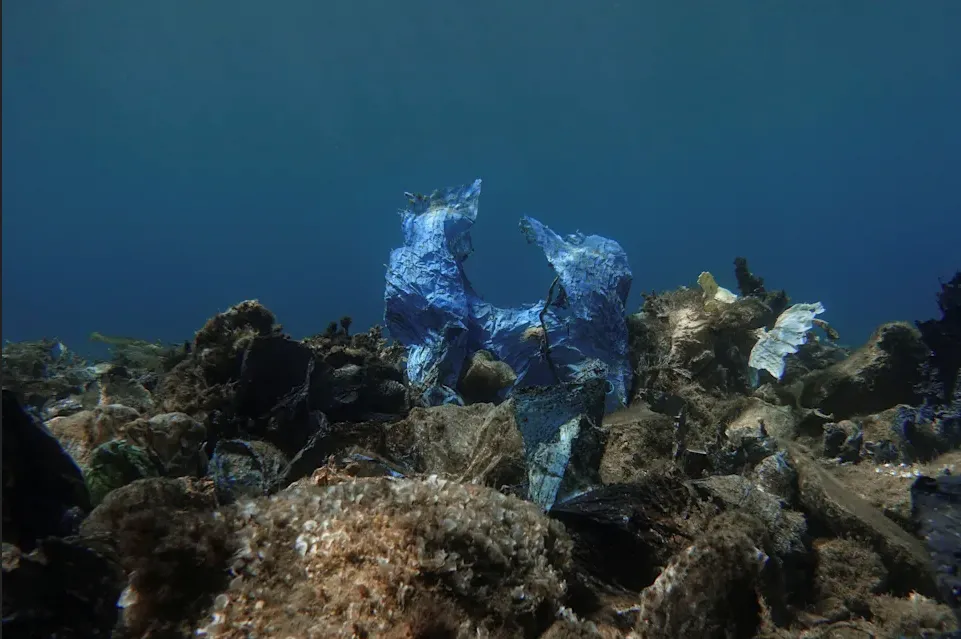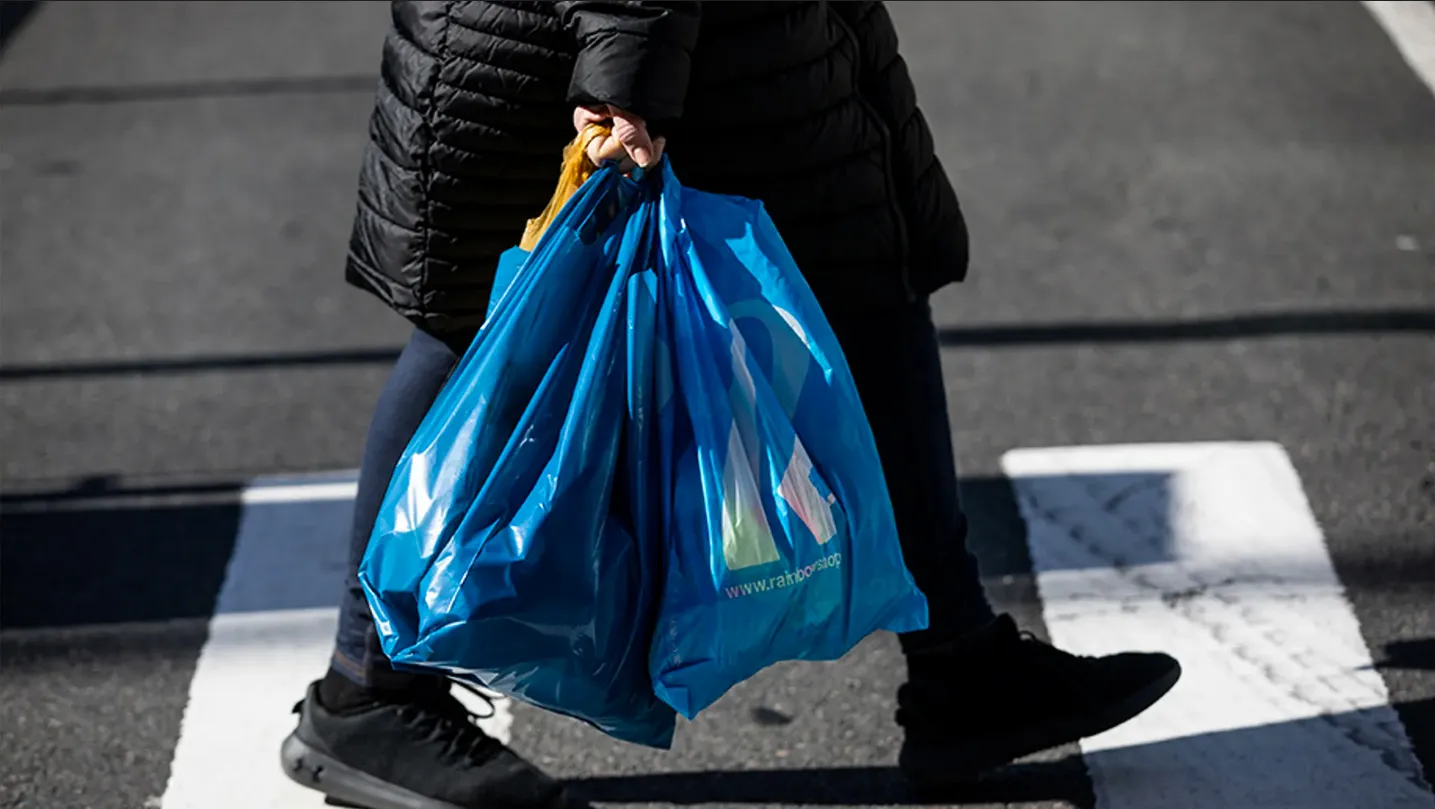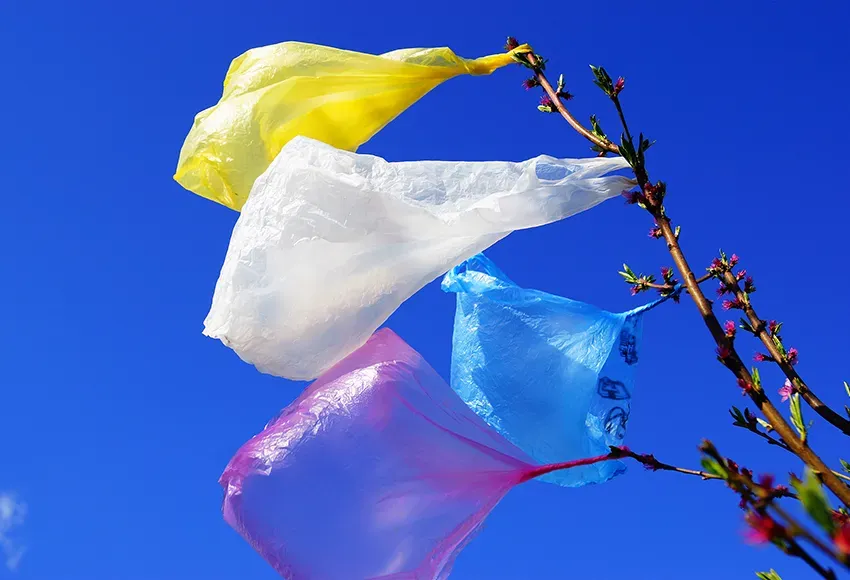On October 1, 2021, the statewide single-use plastic bag ban was put into effect. In 2012, the City of Seattle banned single-use plastic bags for retail and grocery stores. However, this new bag ban includes restaurants and establishments providing takeout and delivery. Originally, the single-use plastic bag ban was meant to go into effect in 2020, but COVID-19 caused supply chain issues and on July 13, 2021, Gov. Inslee set the ban effective date to October 1.

The goal of the statewide ban is to reduce pollution by encouraging customers to bring their own bags (which they should frequently clean) and increase consistency across statewide policies. Washingtonians use about 2 billion single-use plastic bags annually, which have chemicals that become toxic once released into the environment. Plastic pollution also threatens marine life, which can become entangled in or damaged by the waste.

New bag protocols
The single-use plastic bag ban applies to all retail, grocery, and convenience stores; restaurants and establishments offering takeout or delivery food; temporary stores and vendors; and any event where food is sold and distributed.
The kinds of bags allowed include paper bags made from at least 40% post-consumer recycled content (the post-consumer recycled content must be labelled) and plastic bags made from at least 20% post-consumer recycled content with a plastic film thickness of at least 2.25 millimeters. The reusable plastic bags must include the post-consumer recycled content and be labeled "reusable." Beginning on July 1, 2022, reusable plastic bags must be made from at least 40% post-consumer recycled content. In 2026 the thickness of each bag will increase to 4 millimeters to support durability.
Establishments that provide bags will be required to charge an 8-cent fee to cover part of the cost of providing the bags. The charges must be shown as taxable on the sales receipt – if businesses charge more than 8 cents per bag, the 8 cents must be shown as taxable and the remainder must be listed on another line on the receipt. Small paper bags under 882 cubic inches are not subject to a fee.
Noncompliance
Any individual can submit an observation report of a business that is not in compliance with the new single-use plastic bag ban via a reporting form found on the Washington Department of Ecology's website. The department will use the information provided to make sure establishments understand the new law. Repeated noncompliance may result in a $250 fine.
The deadline for using up all single-use plastic bag inventory was in June 2021; however, businesses may continue to use the remainder of the inventory, though they may receive noncompliance complaints and may be asked to display purchase receipts that show that the bags were purchased before October 1, 2021.
Exemptions
Certain exemptions to the single-use bag ban include:
For more information, visit https://ecology.wa.gov/Waste-Toxics/Reducing-recycling-waste/Waste-reduction-programs/Plastics/Plastic-bag-ban


